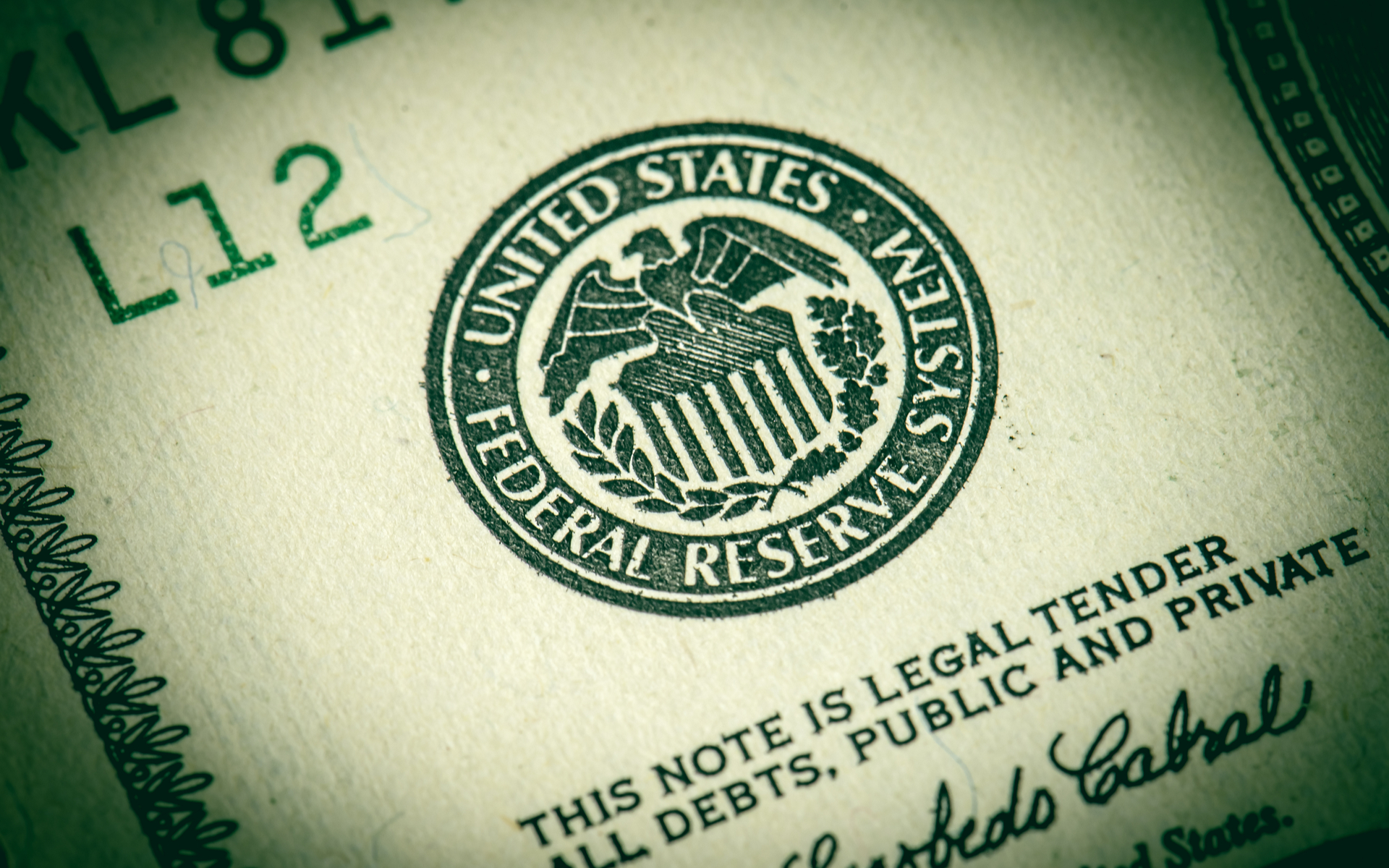PALO ALTO, Calif. (Reuters) - The Federal Reserve is taking a fed coin cryptocurrency look at a broad variety of issues around digital payments and currencies, consisting of policy, style and legal considerations around potentially issuing its own digital currency, Guv Lael Brainard said on Wednesday. Brainard's remarks recommend more openness to the possibility of a Fed-issued digital coin than in the past." By changing payments, digitalization has the potential to provide higher value and convenience at lower expense," Brainard stated at a conference on payments at the Stanford Graduate School of Organization.
Reserve banks worldwide are debating how fed coin price to handle digital financing technology and the dispersed ledger systems utilized by bitcoin, which guarantees near-instantaneous payment at potentially low expense. The Fed is developing its own round-the-clock real-time payments and settlement service and is presently reviewing 200 remark letters sent late last year about the proposed service's style and scope, Brainard said.
Less than two years ago Brainard informed a conference in San Francisco that there is "no compelling showed requirement" for such a coin. But that was before the scope of Facebook's digital currency aspirations were widely known. Fed officials, including Brainard, have raised issues about customer protections and information and personal privacy risks that might be postured by a currency that might come into usage by the 3rd of the world's population that have Facebook accounts.
" We are working together with other main banks as we advance our understanding of reserve bank digital currencies," she said. With more nations checking out providing their own digital currencies, s3.us-east-1.amazonaws.com/brownstoneresearch2/index.html Brainard said, that includes to "a set of reasons to also be ensuring that we are that frontier of both research and policy advancement." s3.us-west-2.amazonaws.com/palmbeachresearchgroup8/index.html In the United States, Brainard said, issues that require study consist of whether a digital currency would make the payments system safer or simpler, and whether it could position monetary stability dangers, including the possibility of bank runs if money can be turned "with a single swipe" into the main bank's digital currency.

To counter the financial damage from America's unprecedented national lockdown, the Federal Reserve has taken extraordinary steps, consisting of flooding the economy with dollars and investing directly in the economy. Many of these relocations got grudging acceptance even from lots of Fed doubters, as they saw this stimulus as needed and something only the Fed might do.
My new CEI report, "Government-Run Payment Systems Are Hazardous at Any Speed: The Case Against Fedcoin and FedNow," details the risks of the Fed's existing prepare for its FedNow real-time payment system, and propositions for central bank-issued cryptocurrency that have been dubbed Fedcoin or the "digital dollar." In my report, I go over concerns about personal privacy, data security, currency adjustment, and crowding out private-sector competition and innovation.
Supporters of FedNow and Fedcoin say the federal government needs to produce a system for payments to deposit quickly, instead of motivate such systems in the economic sector by lifting regulative barriers. But as kept in mind in the paper, the private sector is providing an apparently endless supply of payment innovations and digital currencies to resolve the problemto the degree it is a problemof the time space between when a payment is sent and when it is received in a checking account.
And the examples of private-sector innovation in this location are many. The Cleaning House, a bank-held cooperative that has actually been routing interbank payments in various forms for more than 150 years, has been clearing real-time payments because 2017. By the end of 2018 it was covering half of the deposit base in the U.S.